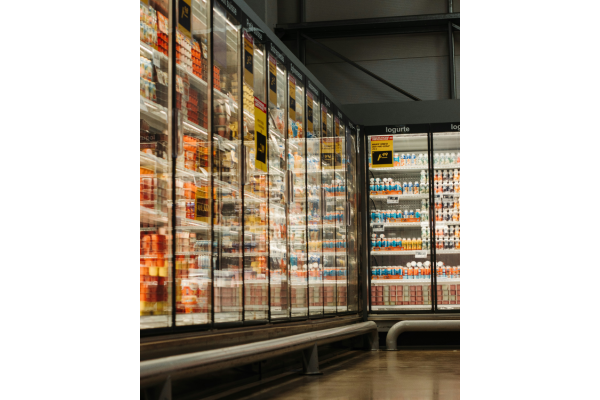
The Serbian competition authority (the Commission for Protection of Competition) has started an antitrust investigation against four largest food retailers in Serbia. The antitrust watchdog is suspecting that the four retailers have been coordinating their prices over a long period. The investigation is interesting for several reasons.
Who are the investigated food retailers?
The four companies investigated by the Serbian competition authority are Delhaize Serbia, Mercator-S, Univerexport, and DIS. They are the biggest food retailers in Serbia, together accounting for more than 50% of the Serbian food retail market.
What led to the investigation?
According to the competition authority, it was conducting a sectoral inquiry into the Serbian food retail market and during the analysis it noticed signs that were pointing to the market being less-than-competitive.
Specifically, over a period of several months, the watchdog was monitoring price trends for 35 selected products and found that in that period in the four investigated retail chains the prices were identical. After that, the authority compared the prices charged for 45 products by the four retailers during August 2024, with the addition of an additional retailer as a control subject.
Based on these analyses, the Serbian competition authority established the following:
- the retail market in Serbia achieved value growth in the period from April 2023 to March 2024 with a simultaneous slight decrease in volume;
- in the period from April 2023 to March 2024, the increase in retail prices was almost twice as high as the inflation during that period;
- in the period from 2016 to 2023, a significant increase of profitability of the four chains was observed;
- in the period of several months of monitoring (April – September 2024), the regular prices of eight products (milk, yogurt, oil, flour, sugar, eggs, coffee and bananas) at all four investigated retailers were the same or similar, with different procurement conditions;
- the value of the consumer basket, containing 45 selected products, differs slightly between the investigated chains, while it is significantly lower in the control subject, which has the most unfavorable commercial procurement conditions.
Did the Serbian competition authority perform dawn raids in this case?
Yes – at the start of the investigation, the antitrust watchdog raided all four food retailers. That is nothing out of the ordinary, as antitrust investigations in Serbia commonly start with unannounced inspections.
However, what is not common is that the watchdog raids third parties, too, and that is what happened in this case. Specifically, the competition authority performed an unannounced inspection on the premises of Cenoteka, a Serbian price tracking portal. At least based on the content of the decision on initiating the investigation against the four retail chains, the authority is not suspecting any foul play by Cenoteka.
How did the Serbian competition authority qualify the alleged infringement?
The competition authority suspects that there is the absence of mutual competitive pressure of the four investigated food retailers and that they have entered into a restrictive agreement, prohibited under the Serbian counterpart of Article 101(1) TFEU. The authority is alleging that there was no competition between the four retailers concerning the observed products as they had the same not only regular but also promotional prices.
What are the possible penalties?
According to the Serbian Competition Act, each of the investigated companies could face a fine of up to 10% of its Serbian turnover in 2023. That is just the theoretical maximum, however – in practice, antitrust fines in Serbia do not approach this statutory ceiling, even for horizontal infringements.
How could this case end?
Apart from the two obvious possible outcomes – a finding of infringement and a finding that there was no infringement – the case could also be closed through a commitments procedure, available under Serbian law. It is not clear, though, whether the Serbian competition authority would be ready to consider commitments in a case of alleged horizontal collusion.
Key takeaways
|
***
For more information, please contact Dr. Dragan Gajin, Head of Competition at Doklestic Repic & Gajin.